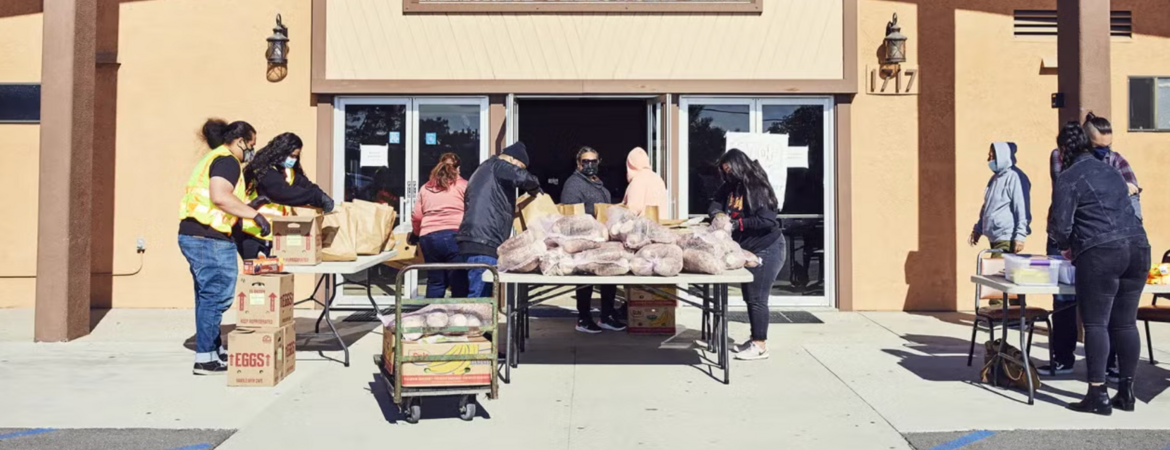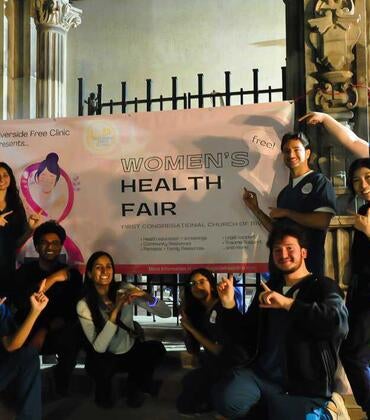A new report, produced by researchers at UC Riverside, UCLA Center for Health Policy Research’s Native Hawaiian and Pacific Islander Data Policy Lab, and UC Irvine, examined the impact of COVID-19 on Native Hawaiian and Pacific Islander, or NHPI, communities in California and found NHPIs experienced significant mental health and economic challenges during the pandemic, yet demonstrated limited access to available support services.
Based on a 2024 survey of more than 900 NHPI adults using a population representative approach, the report found about one-third reported needing mental health care in 2023, but many did not engage in care due to critical barriers such as cost concerns, lack of insurance, public stigma, and difficulty finding providers.

“We found that despite experiencing significant mental health burden, a limited percentage of NHPI adults had ever sought mental health care,” said Andrew Subica, an associate professor of social medicine, population, and public health in the UCR School of Medicine, and a co-author on the report. “Stress during the pandemic was largely driven by health concerns, financial instability, and the well-being of family and elders. Positively, people coped with this stress through support from friends and family, spiritual practices, family activities, and screen time.”
Economically, more than a third of NHPI adults reported decreased household income since the pandemic began, with some subgroups, such as Fijians and Marshallese, being especially affected. Nearly 14% lost regular jobs, and more than a quarter struggled to afford essentials like rent, food, and tuition. Even among those eligible, less than a third accessed benefits like Medi-Cal or CalFresh.
Historically, NHPIs have been grouped with the larger Asian American racial group in social and health data, obscuring the unique challenges NHPIs face. For instance, in California, average per capita income of NHPIs is significantly lower than that of Asian Americans.
“Our report emphasizes the value of disaggregated data and reveals important differences between NHPI subgroups in terms of mental health outcomes and economic challenges,” Subica said.
Subica and his coauthors credited the success of the study to strong community engagement.
“It is a crucial step toward equitable resource distribution and informed policymaking for NHPI communities,” Subica said.
Header image credit: Ryan Young for UCLA Magazine.




